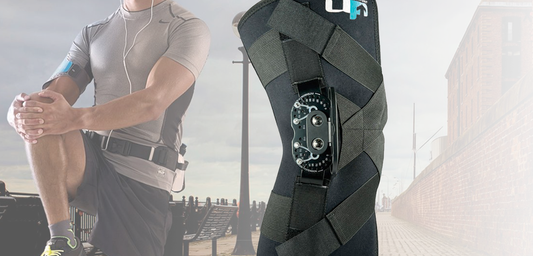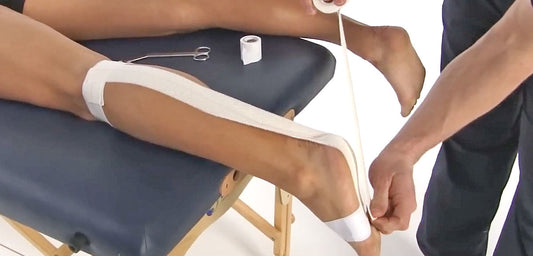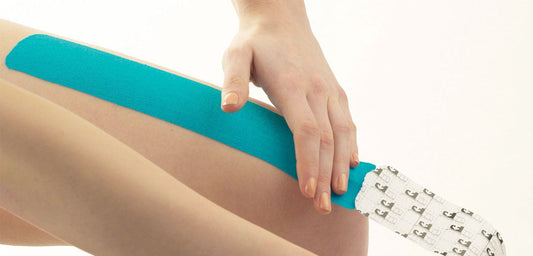
What are BPA Free Plastic Water Bottles?
Share
BPA free plastic water bottles are simply sports hydration products made without BPA plastic. But what is BPA plastic? Is it harmful? Some plastics contain BPA or bisphenol A, a synthetic chemical used to make certain types of plastics. Water bottles, food storage containers and tinned food linings often contain BPA plastic.

Why do manufacturers use BPA?
Plastics made with BPA are rigid and clear. As a result, manufacturers use it to make reusable water bottles and food containers.
Is BPA plastic in water bottles bad for me?
There has been some concern about the health effects of exposure to BPA. Some studies indicate that BPA has hormone-like properties which mimics estrogen in the body. Therefore, various regulatory agencies have conducted research and assessments to evaluate the safety of BPA.
As a result, many manufacturers and consumers have shifted towards producing and using BPA free products. BPA-free plastic water bottles are made without the use of bisphenol A, using alternative materials or manufacturing processes.
Controversial
The potential health risks associated with BPA are still a topic of scientific debate and ongoing research. For example the U.S. Food and Drug Administration (FDA) and the European Food Safety Authority (EFSA), claim current levels of BPA exposure through water bottles and containers are unlikely to pose a significant health risk to the general population.
However, other studies have suggested potential links between BPA exposure and various health concerns, including reproductive issues, developmental effects, and certain cancers.
How do I know if my water bottle is BPA free?
Many teams provide water bottles at pitchside along with first aid kits. Ultimate Performance do not use BPA plastics in any of their water bottles or hydration packs.
Although in reality the exposure for most is likely to be minimal, why take the chance?
To reduce potential exposure to BPA, choose products labeled as BPA-free such as Ultimate Performance Hydration Packs or opt for alternatives like glass or stainless steel containers. Additionally, avoid the use of plastic containers for hot liquids or microwaving plastic items can help reduce potential BPA leaching.





